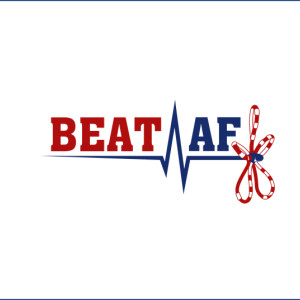 \
&
Contact us
\
&
Contact us
 \
&
Contact us
\
&
Contact us
The NCP Flanders Digital Europe page provides a first overview of the programme. In brief it explains what Digital Europe is and which thematic areas fall under the programme.
The Digital Europe Online manual provides all practical details on the submission process of proposals on the Funding and Tender portal, how to apply for funding, what will happen after the call deadline and offers guidance for the post-grant signature/project management phase.
The application to a Digital Europe call implies four major steps.
The Funding and Tender portal hosts call topics of all EU funding programmes. By choosing Digital Europe you will be directed to all calls within this specific programme.
The majority of the call topics demand a consortium with a minimum number of consortium members from a minimum number of different European member states or Associated countries. The exact number of required consortium partners depends on the specific call topic. There are several ways to find partners to build your consortium or to present yourself to other organisations that you are interested in participating to this project as a partner.
Your local contact point in Flanders: https://www.enterpriseeuropevlaanderen.be/
Each user of the Funding and Tender portal has to have an EU Login account to log in on the Portal.
If you want to participate in a project proposal, your organisation needs to be registered and have a 9-digit Participant Identification Code (PIC). The 2-steps verification process for securing your registration in the Funding and Tender portal, installed in 2020, is explained by the Commission through webinars and tutorials.
NCP Flanders can give you support during your application process and provides basic information and tips and tricks to support you with preparing your proposal.

The Horizon2020 project BEAT-AF brings together 9 European renowned clinical centres in France, Belgium, Czechia, Germany and Austria. Together, the consortium strives to revolutionize Atrial Fibrillation (AF) treatment through catheter ablation and contribute to decrease the huge burden of AF in Europe. The BEAT-AF project kicked off in 2021 and will run until 2026. The department of electrophysiology of the AZ Sint-Jan Hospital in Bruges is partner in the project and has so far contributed to the pre-clinical development, the first in man studies and first registries of the revolutionary AF treatment put forward by the consortium. The first pilot studies show that the treatment is safe, effective and efficient.